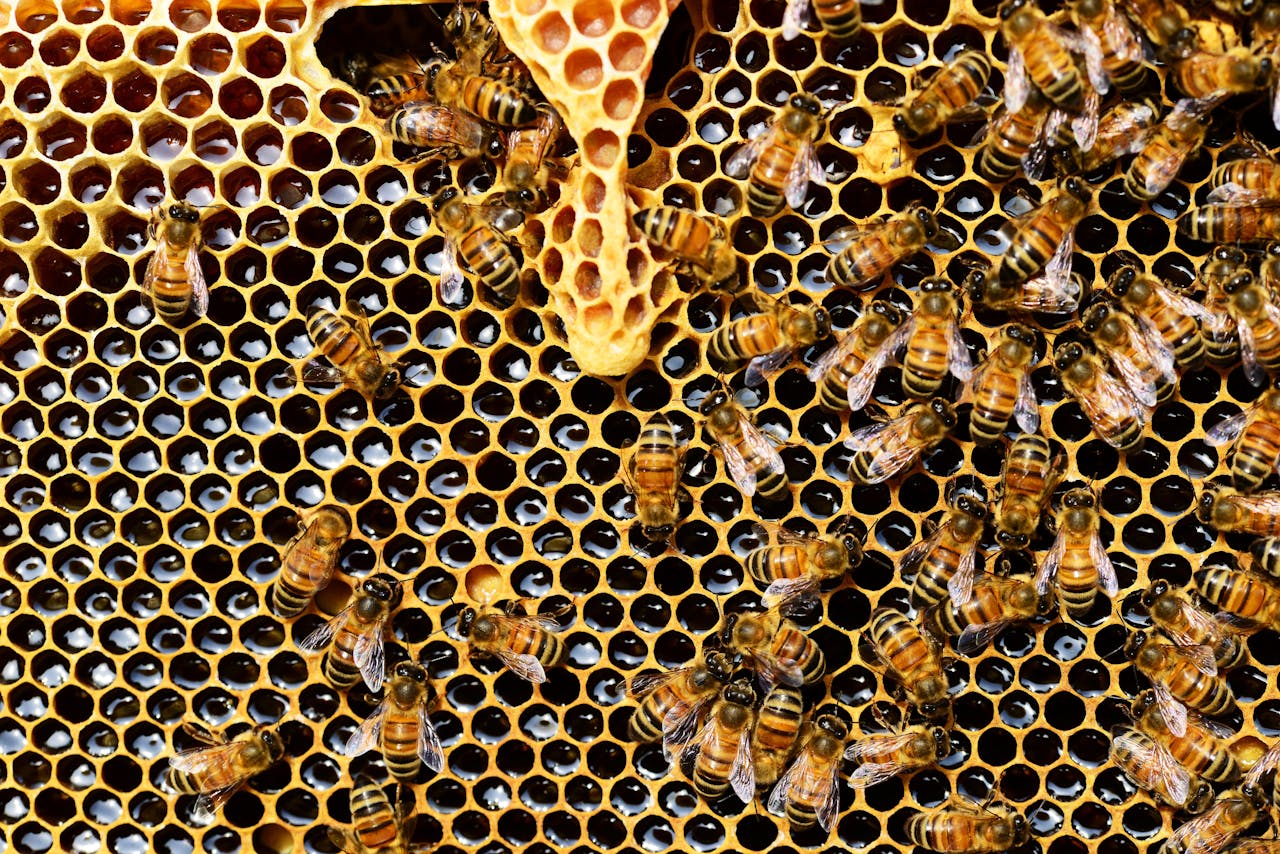Fresh research presented at Apimondia 2025 has reignited serious concern about the future of Malta’s endemic honey bee, Apis mellifera ruttneri, with new genetic analysis suggesting the subspecies may be even closer to extinction than previously believed.
The warning follows an updated review of earlier MEDIBEES findings by Dora Henriquez from the Centro de Investigação de Montanha in Portugal. Her study examined honey bee populations across four Mediterranean islands, comparing levels of genetic purity and introgression – the mixing of genes from other imported subspecies.
Back in 2023, the EU-funded MEDIBEES project published preliminary results showing that out of 47 honey bee samples gathered in Malta, only six were pure specimens of the endemic species – just 13 per cent. The headline prompted widespread alarm and was widely reported in the local press.
MEDIBEES later clarified that these initial findings were based on a small subset of samples and might not represent the full dataset. Public concern eased somewhat at the time.
However, two years later, the updated analysis presented at Apimondia paints an even more troubling picture. According to Ms Henriquez’s assessment:
- Sicily: Apis mellifera siciliana shows a high degree of genetic purity, thanks to strong conservation measures.
- Cyprus: Apis mellifera cypria shows mixed levels of introgression, though ongoing efforts have had some success.
- Malta: Only 11 per cent of samples showed no introgression from other subspecies – lower than the 13 per cent recorded in 2023.
- Crete: The endemic Apis mellifera adami is believed to have gone extinct.
For Malta, the findings suggest that the genetic integrity of the Maltese Honey Bee has deteriorated further, likely continuing to decline in the years since samples were collected.
A protected species with no real protection
The Maltese Honey Bee is legally protected as Malta’s National Insect, and environmental laws technically forbid the importation of foreign honey bee queens unless authorised. But conservationists argue that enforcement has been weak, leaving the endemic subspecies increasingly diluted through cross-breeding with imported bees.
This gap between de jure protection (on paper) and de facto protection (in practice) is at the heart of the current crisis.
What is unfolding, experts warn, may amount to a natural disaster happening in real time. Without urgent intervention – including stronger enforcement, stricter controls, or even a full ban on honey bee imports – the extinction of Apis mellifera ruttneri may shift from a risk to an inevitability.
The fate of Crete’s honey bee subspecies stands as a stark cautionary tale: once a population is lost, it cannot be brought back.
Sicily’s success demonstrates that effective conservation can work. There, controlled breeding, strict regulation on imports, and sustained monitoring have protected the genetic integrity of Apis mellifera siciliana.
Cyprus, though facing challenges, has also shown that partial success is possible when measures are enforced consistently.
Malta, by contrast, has allowed widespread introgression to take place with little intervention – a trend the latest data appears to confirm.
The MEDIBEES project is focused on monitoring Mediterranean honey bee subspecies and identifying colonies most resilient to climate change and disease. Its findings aim to support sustainable agriculture across regions facing increasing environmental pressures, including desertification and extreme weather.
Former national airline registered longest employee tenure in Malta – study
Moorepay analysis finds former national airline leads the country with an average tenure of 10.8 years
Malta hosts second edition of Malta Travel Influencer Summit
Malta recently hosted 30 international travel influencers from 17 different countries
From €1,000 apologies to €2,600 proposals: Malta’s most dramatic bouquets
Yes, those numbers are correct






